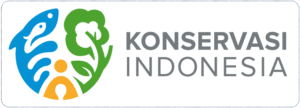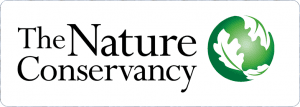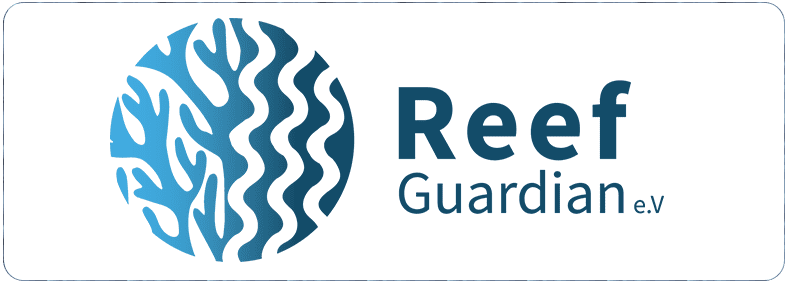Building upon a strong foundation of science, partnership and field demonstration, Conservation International empowers societies to care for nature in order to ensure the long-term well being of people.
Every human life on Earth depends on a natural world capable of supporting our needs. But we are taking more from nature than it can replace, weakening the Earth’s ability to provide the clean air, fresh water and food we depend on. That is why CI is working at every level—from remote villages to the offices of presidents and CEOs—to help move whole societies toward a healthier, more sustainable development path that values and accounts for nature’s role in our well being. Through science, policy and fieldwork, CI is applying smart, innovative solutions to protect the biodiversity and the ecosystems we all depend on.
Founded in 1987, CI employs 900 staff in more than 25 countries on four continents, and works with more than 1,000 partners around the world.
CI’s engagement in the Bird’s Head Seascape dates back to 2001, when we partnered with the Indonesian Institute of Sciences to conduct a marine rapid biodiversity assessment of the Raja Ampat archipelago. The globally-superlative results of that survey elevated the region to an institutional priority, and since that time we’ve worked closely with the national and provincial and regency governments of West Papua and a number of international and local NGOs, foundations and academic institutions to develop the multi-institutional Bird’s Head Seascape marine conservation initiative. The centerpiece of this initiative is an ecologically connected network of marine protected areas (MPAs). Protecting over 3.6 million hectares of the most biodiverse marine ecosystems on the planet, these MPAs also ensure sustainable economic benefits and long-term food security for the Papuan people.
Within the Bird’s Head, CI maintains offices in Kaimana, Sorong, and Waisai and supports MPA field stations in Triton Bay, Dampier Strait, Wayag, Mayalibit Bay, and Ayau MPAs and the BHS Secretariat office in Manokwari. To learn more, please visit:
Visit Conservation International
Visit CI’s Blog Human Nature
| FOLLOW CI ON: |





































